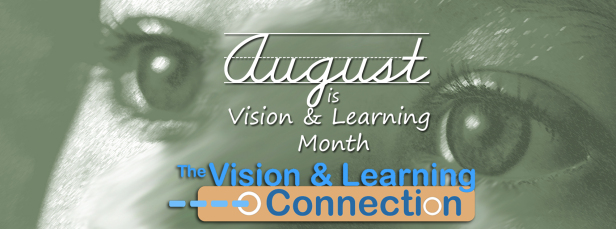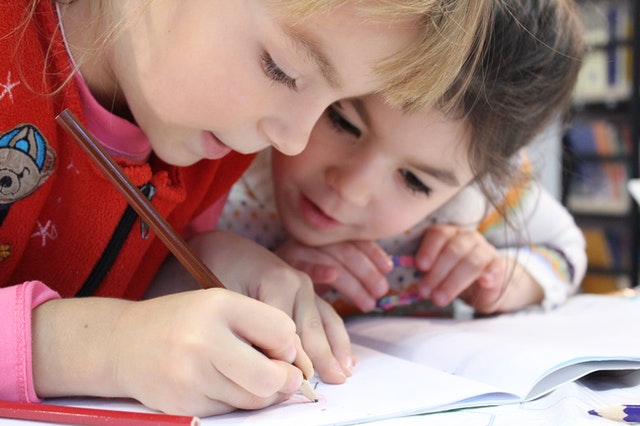Sending out a big CONGRATULATIONS to all our VT graduates over the last few months! All of your hard work and determination has paid off!
We are going to try to remember to update our blog a little more 🙂 Here’s a little bit about our two most recent graduates:
J came to us when his teacher noticed him skipping words when he was reading. His school performance was very good, but he often lost his place, got headaches, and felt tired after only 15 mins of reading. He was diagnosed with a tracking deficit, and started vision therapy. After about 2.5 months of weekly sessions, his mom noticed his reading is a lot more fluent, he no longer skips words, and he doesn’t get headaches or feel as tired when reading! Great job, J!
S came to the office with very bad visual symptoms after a concussion. He got headaches after 5-10 mins of reading, and couldn’t look at screens. He also felt like he couldn’t focus or concentrate. He felt dizzy when looking around. He needed to get reading glasses, and started vision therapy for his focusing skills. He can now read for about 1.5 hrs without symptoms (without his glasses!), and he can finally start slowly returning to work! We are happy for you, S!




